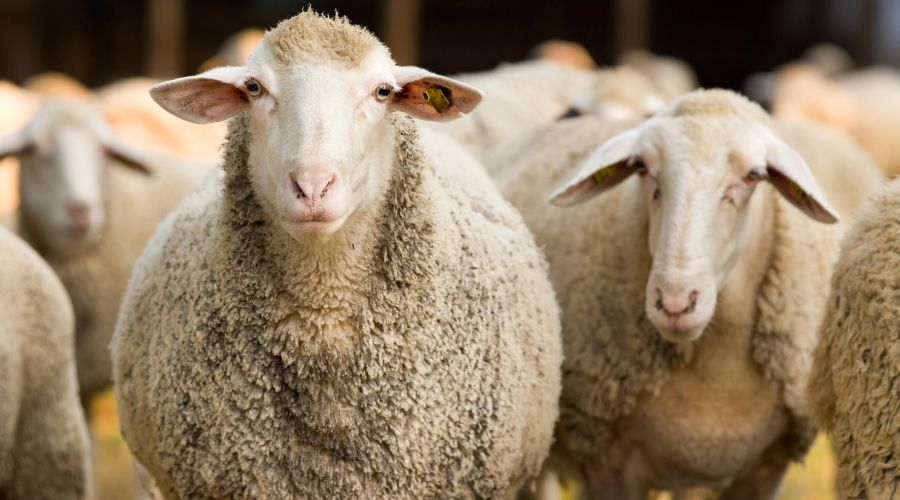Government asked about delayed response to FMD outbreak in Germany
12th February 2025
Defra has been requested to provide a timeline of response to the report of foot and mouth disease (FMD) in Germany. The Efra committee heard in evidence that a government IT system took six to seven days to implement Defra’s restrictions on German imports.

The Environment, Food and Rural Affairs Committee has asked Baroness Hayman of Ullock, the Defra minister responsible for biosecurity and borders to set out when the decision was made to ban the import of relevant goods from Germany, when border control posts were informed and when IPAFFS (Import of Products, Animals, Food and Feed System) was successfully updated and operating as intended.
The Efra committee’s letter follows its evidence session last week on the subject of biosecurity measures at the border. During the session, witnesses told MPs that it was possible for meat and dairy products from Germany to continue entering the UK, “for at least six days” via legitimate commercial routes, despite a ban being brought in on the import of cattle, pigs, sheep, deer, buffaloes and their products from Germany to prevent the spread of FMD.
Committee members ask Defra to confirm the quantity of prohibited goods that were able to enter the country in the time between controls being approved and IPAFFS being updated.
The MPs’ letter also asks the department to inform them of what steps have been taken to track and remove prohibited products and to explain what assessment Defra has made of the cause of the delay to controls being properly implemented.
READ MORE: Foot-and-mouth disease outbreak: UK bans livestock imports from Germany
READ MORE: Foot and mouth disease outbreak confirmed in Germany
Funding needed
As well as writing on foot and mouth disease, the committee’s letter raises the issue of the funding for ASF (African swine fever) controls delivered by Dover Port Health Authority (DPHA).
MPs highlight that the current level of funding only allows the DPHA to provide 20 per cent of operational coverage to deliver checks for illegal meat entering the country. Crucially, that funding is due to cease at the end of March, and the Committee urges the Government to maintain that funding to ensure GB biosecurity.
In the letter, the chair of the committee said: “I emphasise that the government must allocate appropriate funding to DPHA to continue to deliver this work, which is of critical national importance.”
Viral livestock disease
FMD poses no risk to human or food safety, but is a highly contagious viral disease of cattle, sheep, pigs and other cloven-hoofed animals. Livestock keepers should therefore be absolutely rigorous about their biosecurity.
FMD causes significant economic losses due to production losses in the affected animals as well as loss of access to foreign markets for animals, meat and milk for affected countries, Defra explained.
Clinical signs to be aware of vary depending on the animals, but in cattle the key signs are sores and blisters on the feet, mouth and tongue with potentially a fever, lameness and a reluctance to feed. In sheep and pigs, signs tend to manifest with lameness with potential for blistering.
Click here to learn more about the FMD symptoms.
Read more livestock news.
